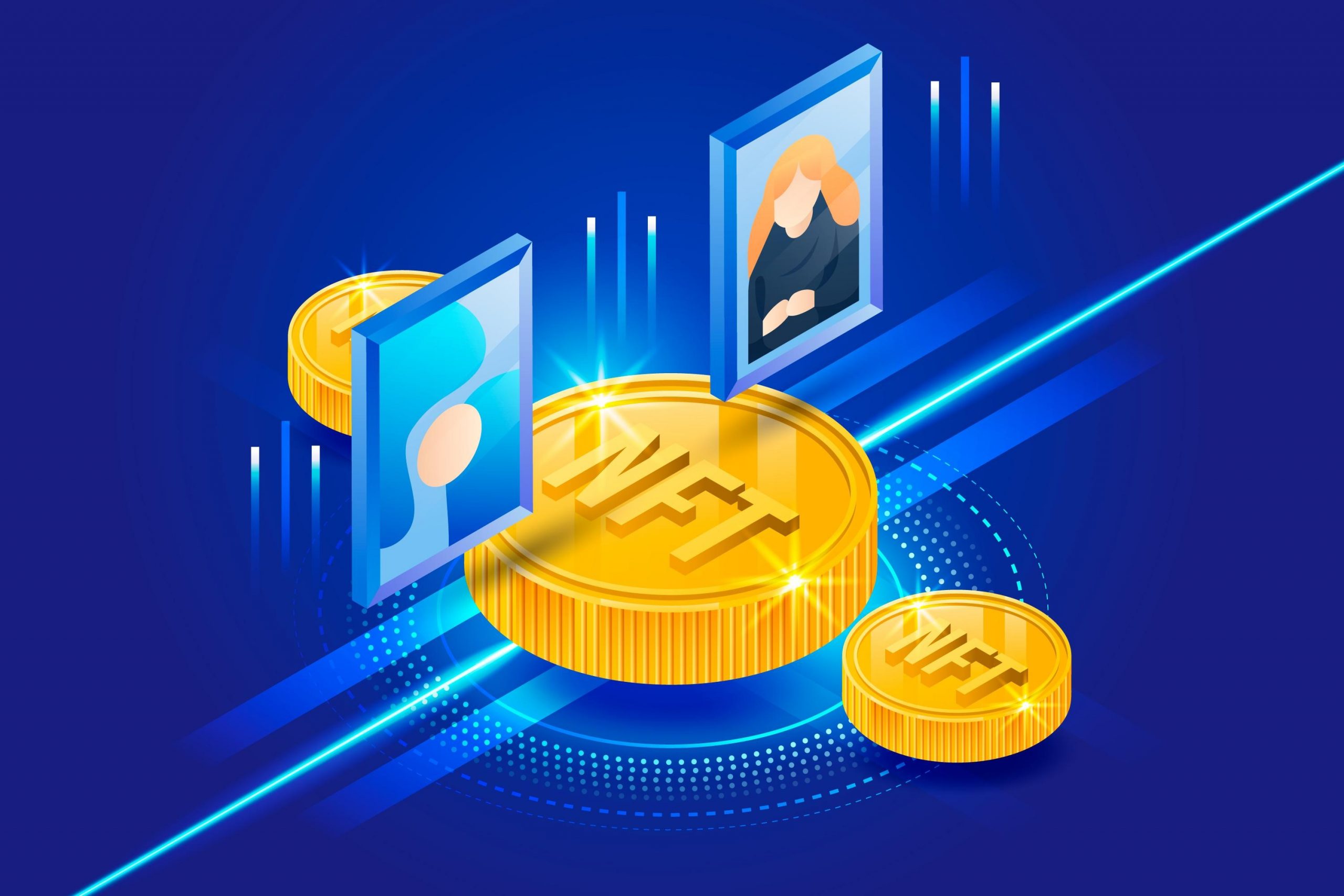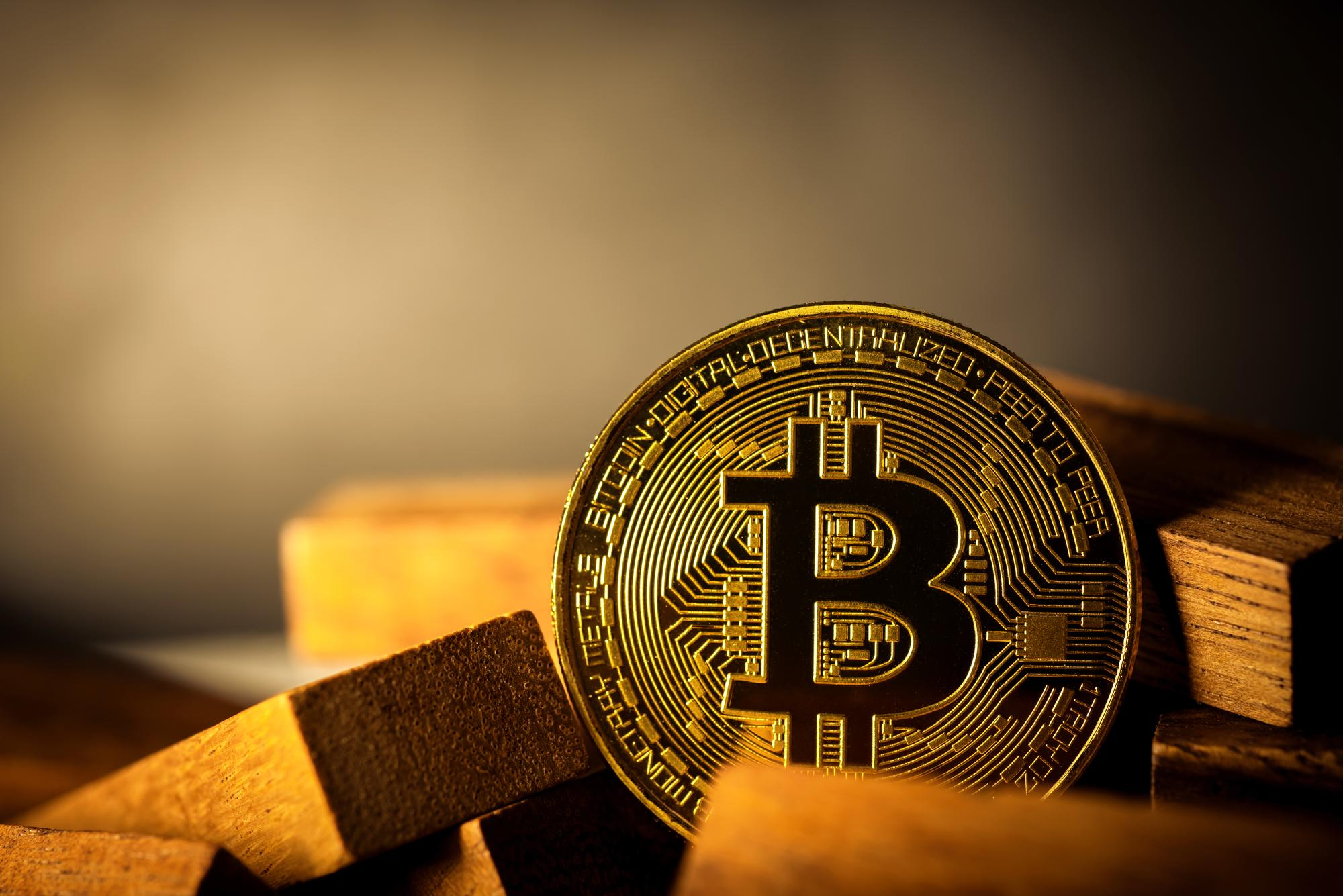Blockchain is a challenge to the business model through distributed ledger technology, which has become the emerging new popular technology for the people. Historical business models have two sides that rely on slow and costly intermediaries to maintain trust, which, by their nature, do not trust each other at all – just as two businesses deal with wealth and assets. Trying to start a business. Blockchain was first introduced in the year 2008 with the BTC cryptocurrency, also known to all of us as digital money, it is built in such a way that anyone can easily adopt it.
There is a second generation of blockchain which we all know as Ethereum which was introduced in the year 2014. Permission is granted by developers to execute distributed ledger programs. Smart contracts have fully enabled businesses and developers to build financial applications that use cryptocurrencies and other tokens, such as lending and decentralized exchanges. Some concepts are being built on advances in distributed ledger technologies to reduce and simplify the cost of an exchange. There is a simple way to represent value on a distributed ledger, so you can do it through tokenization of things. Fungibility is the ability to exchange easily with each other, which would be an essential characteristic of a currency. In this explainer, we’ll dive deeper into their applications and the world of non-fungible tokens as well, so you know how tokens help shape digital ownership. If you are interested in bitcoin trading visit bitcoin aussie system .
How does NFT differ from Cryptocurrency?
NFTs are generated from the Ethereum blockchain and are stored in the form of a unit of data, however, the cryptocurrencies are the liquidated asset But NFTs are not. Here are the reasons why NFT is different from Cryptocurrencies:
- Separate tokens: They are the additional information holders of the Ethereum blockchain which can be represented in any format of trading assets: art, video games, audio, GIFs, etc.
- Non-mutable: It doesn’t provide for the mutation or breaking of digital data into another form, they can’t be interchanged and have a legitimate value of digital trading.
- Anonymous: The owner of NFTs is traceable and verified but their original owners are still anonymous and their ownership of tokens and data can’t be used to track their identities.
Read Also: Get On With Crypto Trading By Following the Below-mentioned Steps
Non-fungible tokens (NFTs) explained
A non-fungible token is a cryptographic token, which represents a unique object. These can be digital or physical, you can represent things like online art, game sneakers, university degrees, plane tickets or commercial real estate. With NFTs, it helps to enable their owners to better prove their ownership and authenticity of certain items. Helps individuals associated with businesses through NFTs to be fully capable of buying and selling any kind of item in the market. Some unique properties of non-fungible tokens are:
- Scarcity — NFTs can also be a rarity for you, which is why they help increase their value. With Developers you can generate as many assets as you want, limiting the number of NFTs to it.
- Interoperability — Can use a centralized custodial service or a decentralized bridge, to trade in various DLTs with NFTs to buy or sell.
- Indivisibility — Talking about the usefulness of NFTs, it has historically been inseparable. For example, let’s say you’re about to buy a plane ticket, but you can’t partially use it – so you have to buy it all because one person will be using the seat.
Incoming NFT standards: Fractional NFTs
The NFT has become proprietary and exclusive, which means that the sole buyer of the NFT will be the owner. NFT is a new class that has been introduced in the market and its other name is Fractional Non-Fungible Token. Everyone has become the owner of the shares with NFT.



